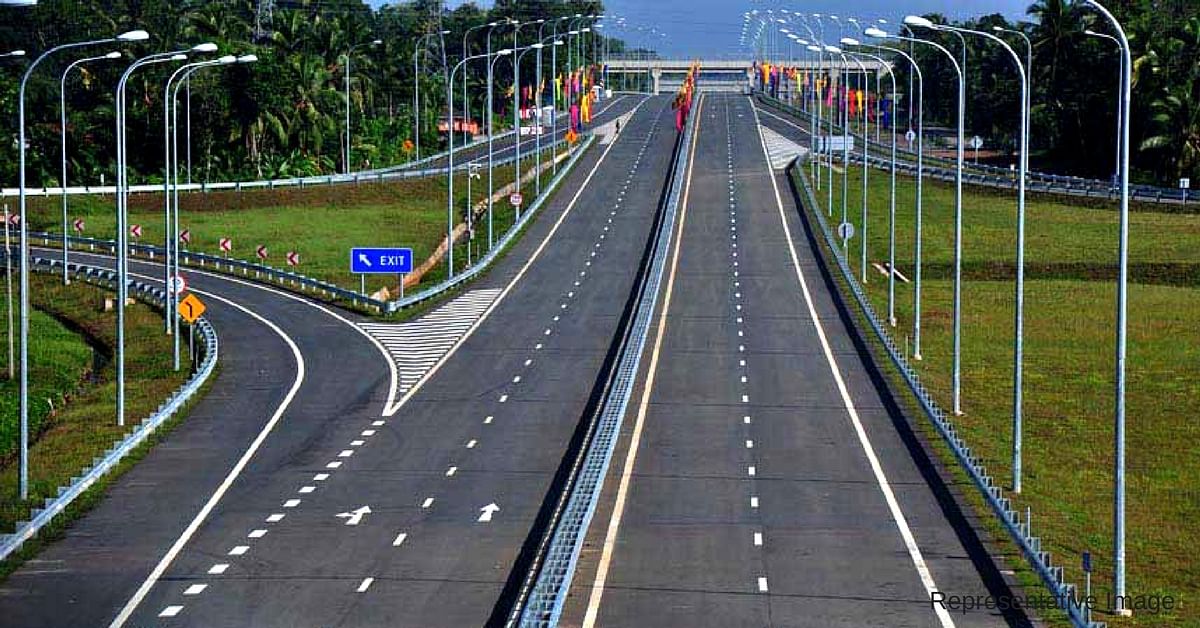-
Your trusted market research partner
- info@theindiawatch.com
- 8076704267

International Investments in Indian Road Infrastructure not Going to Stop
In search of low risk and moderate returns, foreign institutional funds are betting big on Indian roadway infrastructure. Pension funds, sovereign funds, & insurance funds look for long term yield rather than short-term capital gains, and hence Indian road infrastructure offers a good alternative. The Government of India (GOI) is also providing policy impetus to drive more investments.
Under opening its economy & deregulating its market in the 90s, India made notable progress. From a welfare state, it made a transition into a partially regulated yet competitive market in 20 years. However, Indian infrastructure continued to be a bottleneck marred by delays and cost overruns.
When the Modi led current government came into power in 2014, one of the objectives was to address the widening infrastructure gap in the country. Higher budget allocations, simplified rules for private sector participation, and transparent auction process have led to bridge the chasm.
GOI in tandem with state governments understand that a robust infrastructure & economic progress feed into each other. Growth in infrastructure can boost the economy, attract global manufacturing companies, harmonize disparity, & foster overall efficiency.
In budget 2019, the Government of India (GOI) announced an ambitious plan to invest USD 1.4 trillion in developing Indian infrastructure for the next 5 years. To further build transparency and accountability, it has released a National Infrastructure Pipeline (NIP), a detailed report that mentions sector-wise infrastructure projects till FY 25.
Fast Pace of Road Infrastructure Development
Alongside power, airports, shipping ports, Indian road infrastructure is gaining steam in recent years. New highways, expressways, roadways are built not only in cities but also in rural catchments.
Even Post COVID, road construction activities are unperturbed as the country is building around 30-32 KMs of highways every day, as per Mr. Nitin Gadkari, Union Minister for infrastructure & MSME. Mr. Gadkari is known for his steadfastness as well as the time-bound approach of developments. Mr. Gadkari has further announced that the government is seeking an investment of around USD 29 billion in the next 2 years.
22 Green expressways have been announced, out of which work has begun in 7. These expressways will also incorporate business parks, Agri €“tech parks, smart cities, smart villages, logistic parks, bus stations to boost economic productivity, support manufacturing, & foster innovation-led growth. Further, these expressways will be cohesively linked with shipping ports, airports, & railway corridors to boost trade and export.
Drawing the attention of International Investors
In the past few years, International investments in Indian road infrastructure is on a rise. It is is actively featuring on the radar of leading pension funds, sovereign wealth funds, Private Equity (PE) players, and HNIs. Risk mitigated elevated IRR is one of the key pull factors for institutional investors. In 2019, road deals worth USD 3 billion have been announced. CPPIB has acquired 9 operational road assets from Sadbhav Infrastructure following investments of around USD 950 million. Singapore based GIC has invested USD 638 million in IRB Infrastructures. Likewise, Edelweiss has also acquired road assets.
GOI also understands how international investments in Indian roadways can bridge a crucial gap in fuelling economic progress. Besides allowing 100% FDI, India has also given 100% Tax exemption on dividend, interest, & profits. To further mitigate risk, the government ensures that 90% of land acquisition is done beforehand. A fast track clearance process has been put in place. In the times to come international investments in Indian road Infrastructure will continue to gain steam.
